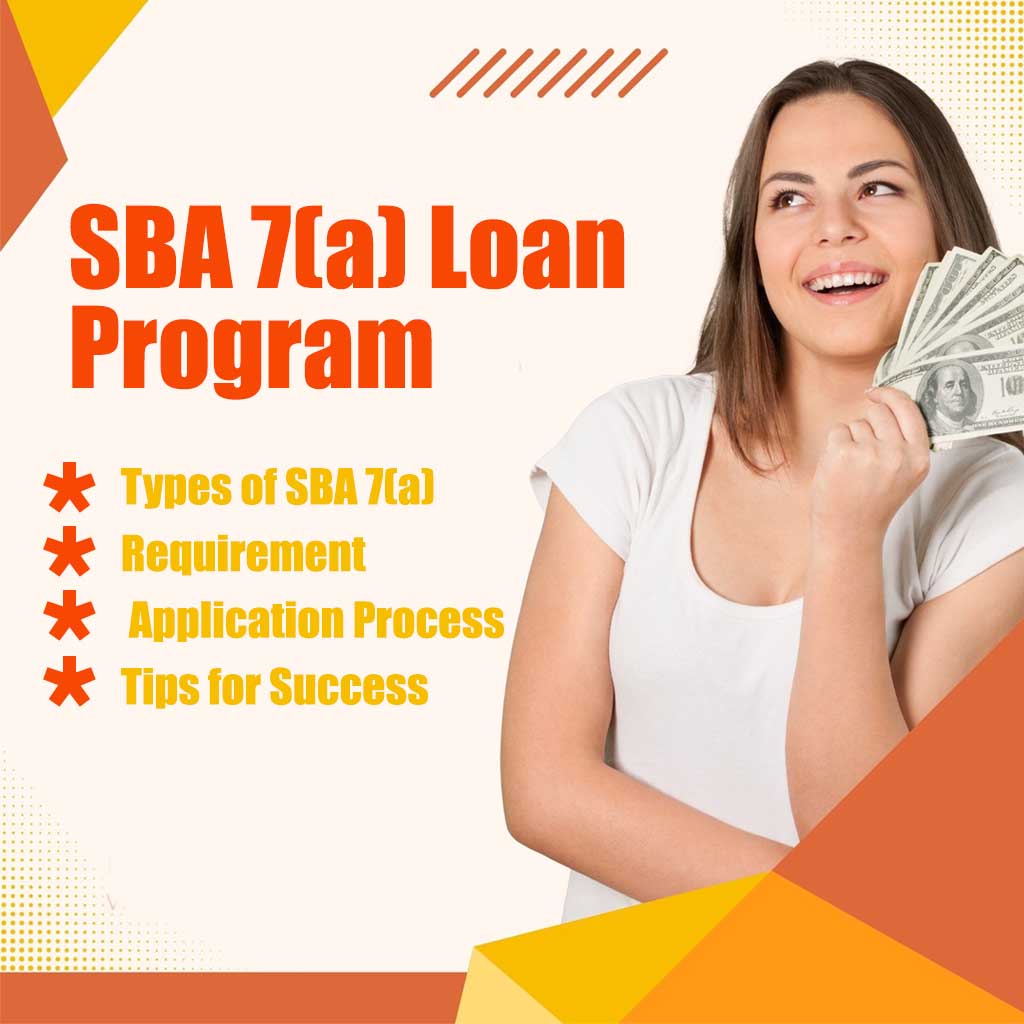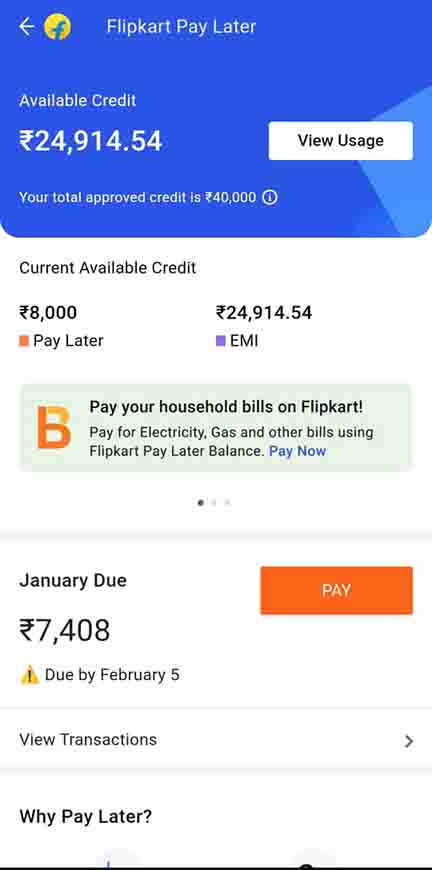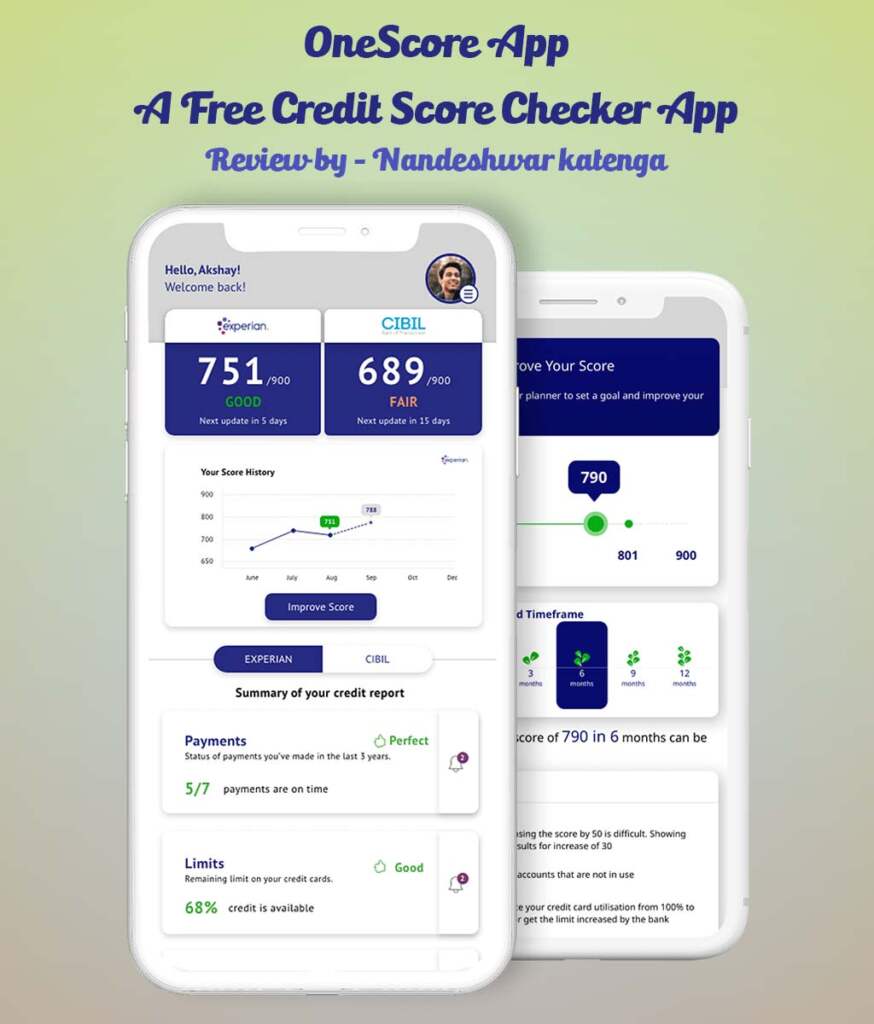
Starting or expanding a small business often requires access to capital, and one of the most well-known avenues for securing funding in the United States is the Small Business Administration (SBA) 7(a) loan program. Designed to support the growth and development of small businesses, the 7(a) loan program offers various advantages, including favorable terms and government backing. In this comprehensive guide, we’ll explore the ins and outs of the SBA 7(a) loan program, providing insights on what it is, how it works, the application process, and the benefits it can bring to your small business.
1. Small Businesses in American Economy
Small businesses are the backbone of the American economy, driving innovation and creating jobs. However, to realize their potential, many small business owners require financial support. The Small Business Administration (SBA), a federal agency, plays a crucial role in assisting small businesses by offering various loan programs, with the 7(a) loan program being one of the most popular and versatile options.
In this guide, we will dive deep into the SBA 7(a) loan program, explaining what it is, how it functions, and why it’s a valuable resource for small business owners. Whether you’re just starting your business or looking to expand, understanding the nuances of the 7(a) loan program can help you make informed financial decisions.
Related Articles
2. What is the SBA 7(a) Loan Program?
The SBA 7(a) loan program is the flagship loan program offered by the Small Business Administration. It provides small business owners with access to capital to start, acquire, or expand their businesses. The “7(a)” designation refers to the section of the Small Business Act under which the program operates.
The program’s primary objective is to help small businesses that may not qualify for traditional financing, particularly those owned by veterans, minorities, or women. It is not a direct lending program; instead, the SBA partners with approved lenders, such as banks, credit unions, and community development organizations, to provide loans to small business owners.
7(a) loans offer borrowers a range of benefits, including favorable interest rates, longer repayment terms, and lower down payments, making them an attractive option for entrepreneurs looking to secure funding for various business needs.
3. How Does the SBA 7(a) Loan Program Work?
The SBA 7(a) loan program operates by reducing the risk that lenders face when extending credit to small businesses. The SBA does this by guaranteeing a portion of the loan, effectively serving as a co-signer for the borrower. This guarantee provides confidence to lenders, making them more willing to offer loans to small business owners who might not qualify for traditional financing.
Here’s how the SBA 7(a) loan program works in practice:
- Borrower Identifies a Need: A small business owner identifies a financial need, such as starting a new business, acquiring an existing business, expanding an existing business, or financing working capital.
- Borrower Approaches an SBA-Approved Lender: The borrower then approaches an SBA-approved lender, which can be a bank, credit union, or other financial institution.
- Loan Application: The borrower submits a loan application to the lender, along with the necessary documentation, including a business plan, financial statements, and personal and business credit reports.
- Lender Reviews the Application: The lender reviews the application, assesses the borrower’s creditworthiness, and decides whether to approve the loan. If the lender believes the borrower qualifies for a 7(a) loan, they will apply to the SBA for a guarantee.
- SBA Guarantee: The SBA reviews the application and, if approved, provides a guarantee to the lender for a portion of the loan. The guarantee amount varies but can be as high as 85% for loans up to $150,000 and 75% for loans exceeding $150,000.
- Loan Disbursement: Once the SBA guarantee is in place, the lender disburses the loan funds to the borrower. Small business owners can use the loan funds for various purposes, including purchasing equipment, working capital, acquiring real estate, and refinancing existing debt.
- Loan Repayment: The borrower repays the loan, including principal and interest, according to the terms of the loan agreement. The loan term can vary but is typically up to 25 years for real estate loans and up to 10 years for working capital loans.
- SBA Oversight: Throughout the life of the loan, the SBA monitors its status, and the lender must provide periodic reports to the SBA.
- Default Resolution: In the event of a borrower default, the SBA pays the guaranteed portion of the loan to the lender. The lender may then pursue collections against the borrower.
4. Types of 7(a) Loans
The SBA 7(a) loan program offers various loan types tailored to specific business needs. Here are some of the most common 7(a) loan options:
- Standard 7(a) Loan: This is the primary and most flexible 7(a) loan option. It can be used for a wide range of purposes, including working capital, equipment purchase, debt refinancing, and real estate acquisition.
- SBA Express Loan: Designed for fast approval and disbursement, SBA Express loans have a maximum guarantee of 50% and are typically processed more quickly than standard 7(a) loans.
- SBA 7(a) Small Loan: This program is geared toward businesses that need smaller loan amounts, with a maximum limit of $350,000.
- SBA 7(a) Export Loan: If your business engages in international trade, an export loan can help you finance export-related activities, such as expanding overseas markets.
- SBA 7(a) Community Advantage Loan: These loans are designed to support small businesses in underserved communities and can be a valuable resource for businesses located in such areas.
- SBA 7(a) CAPLine Program: CAPLine loans are ideal for businesses with cyclical working capital needs. They offer flexible lines of credit to support day-to-day operations.
- SBA 7(a) Rural Lender Advantage Program: This program encourages lenders to provide loans in rural areas, helping small businesses in less densely populated regions access financing.
5. Eligibility for the SBA 7(a) Loan Program
Eligibility criteria for the SBA 7(a) loan program are generally more flexible than those of traditional loans. However, there are still requirements you must meet to qualify. Here are some key eligibility considerations:
- Small Business Status: Your business must meet the SBA’s definition of a small business, which typically involves size standards based on industry, revenue, number of employees, or net worth.
- For-Profit Business: SBA loans are generally for-profit businesses, so nonprofit organizations are usually not eligible.
- Use of Proceeds: You must use the loan for legitimate business purposes, such as working capital, equipment purchase, real estate acquisition, or debt refinancing.
- Good Character: The SBA assesses your character and credit history. You should have a good credit score and a history of paying your bills on time.
- Collateral and Personal Guarantees: While the SBA may not require specific collateral, lenders may take liens on business assets or request personal guarantees from business owners.
- Owner’s Equity: You are expected to invest your own money or assets into the business.
- No Defaults on Federal Debt: If you have a history of defaulting on federal loans or debt, it can affect your eligibility.
- SBA-Specific Requirements: Some loan programs within the 7(a) program may have additional eligibility requirements. For example, the SBA Express program may have different criteria than the standard 7(a) loan.
It’s important to note that while these are general eligibility criteria, the specific requirements can vary based on the type of loan and the lender. Therefore, it’s crucial to consult with your chosen lender or an SBA expert to determine your eligibility and understand any program-specific requirements.
6. The Application Process
Securing an SBA 7(a) loan involves a multi-step process that requires careful planning and diligent execution. Let’s break down the application process into two main phases:
6.1. Preparing for Your Application
Before you start your SBA 7(a) loan application, it’s essential to lay the groundwork for a successful submission. Here are some crucial steps to consider:
- Business Plan: Prepare a detailed business plan that outlines your goals, financial projections, and how the loan will support your objectives. This plan will serve as a roadmap for your business’s growth.
- Financial Documents: Organize your financial records, including income statements, balance sheets, tax returns, and bank statements. These documents will be critical in demonstrating your business’s financial health.
- Credit Score: Review your personal and business credit reports to ensure accuracy. Work on improving your credit score if it needs a boost, as this can significantly impact your loan terms.
- Loan Amount and Purpose: Determine the exact amount you need and what you will use it for. Lenders want to see that their funds will be invested wisely.
- Lender Selection: Choose a lender that specializes in your industry or loan type. Each lender may have different requirements and terms.
6.2. Steps in the Application Process
Once you’re well-prepared, it’s time to move forward with the application process. Here are the general steps you can expect:
- Application Submission: Complete the loan application provided by your chosen lender. Many lenders offer online applications. Be prepared to provide personal and business information, along with the financial documents you’ve gathered.
- Underwriting: Lenders will review your application and assess your creditworthiness, business plan, and financial records. They may request additional documentation or information during this phase.
- Loan Approval: If your application meets the lender’s criteria, you’ll receive a loan offer. Carefully review the terms, interest rate, and repayment schedule.
- Acceptance and Funding: If you accept the loan offer, you’ll proceed to the final steps, which include signing the loan agreement and providing any additional documentation required. Once this is complete, you’ll receive your funds.
7. Advantages and Benefits
SBA 7(a) loans offer several advantages that make them an attractive choice for small business owners:
- Favorable Terms: 7(a) loans typically come with lower interest rates and longer repayment terms than traditional bank loans, making them more affordable for small businesses.
- Flexible Use of Funds: You can use 7(a) loan funds for various purposes, including working capital, real estate, equipment, and debt consolidation.
- Lower Down Payments: 7(a) loans often require smaller down payments, conserving your business’s capital for other needs.
- Government Guarantees: The SBA’s guarantee encourages lenders to offer loans to businesses that might not otherwise qualify.
- Resources and Support: The SBA provides valuable resources and support to small business owners, including counseling, training, and access to government contracts.
- Loan Programs for Specific Needs: Within the 7(a) program, there are specialized loan options to address specific business needs, such as export loans or loans for businesses in underserved communities.
8. Challenges and Considerations
While 7(a) loans have numerous benefits, there are also challenges and considerations to keep in mind:
- Stringent Eligibility Requirements: Meeting the SBA’s eligibility criteria can be challenging for some businesses, particularly startups or those with weaker credit histories.
- Complex Application Process: The application process can be time-consuming and requires thorough documentation.
- Personal Guarantees: Lenders may require personal guarantees, putting your personal assets at risk in case of default.
- Collateral: While 7(a) loans may not require specific collateral, lenders may still take liens on business assets.
- Competition: Due to the appeal of 7(a) loans, they can be highly competitive. It’s essential to stand out and present a compelling case for your loan application.
- Processing Time: 7(a) loans often take longer to process and receive funding compared to some other loan options.
9. Tips for a Successful 7(a) Loan Application Process
To increase your chances of a successful 7(a) loan application, consider the following tips:
- Hire an SBA Expert: Working with an SBA consultant or expert can guide you through the process and help you navigate the complex requirements.
- Maintain a Strong Credit Profile: Ensure your personal and business credit scores are in good standing.
- Prepare a Comprehensive Business Plan: Your business plan should be thorough and demonstrate a clear understanding of your business and its financial needs.
- Select the Right Lender: Choose a lender experienced in SBA lending and your specific industry.
- Be Honest and Transparent: Provide accurate and complete information in your application.
10. Conclusion
The SBA 7(a) loan program is a lifeline for small business owners in the United States, offering access to affordable capital and favorable terms that can make a significant difference in the success of your business. By understanding the intricacies of the 7(a) program, the eligibility criteria, the application process, and the benefits it offers, you can navigate the world of small business financing with confidence and propel your entrepreneurial dreams to new heights.
Whether you’re launching a new venture, expanding an existing business, or seeking to stabilize your operations, the information provided in this guide equips you with the knowledge to make informed decisions about 7(a) loans. By leveraging this knowledge, you can harness the power of SBA lending to fuel your business’s growth and secure a brighter financial future.
11. FAQs with Answers
- What is the SBA 7(a) loan program?The SBA 7(a) loan program is a government-backed initiative aimed at providing financing to small businesses in the United States. It offers favorable terms and interest rates through SBA-approved lenders, making it an attractive option for entrepreneurs.
- What types of businesses are eligible for SBA 7(a) loans?Small businesses across various industries are eligible, including startups, existing businesses, and those in underserved communities. The SBA defines eligibility based on size standards, revenue, and net worth.
- What can I use the funds from an SBA 7(a) loan for?The funds can be used for a range of purposes, including starting a new business, acquiring an existing one, expanding an existing business, working capital, purchasing equipment, and even debt consolidation.
- What is the maximum loan amount for an SBA 7(a) loan?The maximum loan amount varies depending on the loan type and the specific SBA program but can go up to $5 million for standard 7(a) loans.
- How does the SBA 7(a) loan program work?The program operates by providing a partial guarantee to lenders, reducing their risk. Business owners apply for loans through approved lenders, and the SBA guarantees a portion of the loan, making lenders more willing to provide financing.
- What are the advantages of SBA 7(a) loans?SBA 7(a) loans offer several benefits, including favorable terms, lower interest rates, longer repayment periods, lower down payments, and government guarantees. They are versatile and can be used for various business needs.
- What challenges should I be aware of when applying for an SBA 7(a) loan?Challenges include meeting stringent eligibility requirements, the complexity of the application process, potential personal guarantees, competition for these loans, and longer processing times compared to other options.
- How can I improve my chances of a successful SBA 7(a) loan application?To increase your chances, hire an SBA expert, maintain a strong credit profile, prepare a comprehensive business plan, choose the right lender, and provide accurate and complete information in your application.
- Are there specific SBA 7(a) loan programs for businesses in underserved communities?Yes, the SBA 7(a) loan program includes the Community Advantage program, which is designed to support small businesses in underserved communities, providing them with access to affordable financing.
- Can I apply for multiple SBA 7(a) loans for different business needs?Yes, you can apply for multiple SBA 7(a) loans as long as you meet the eligibility criteria for each loan and have the ability to manage the debt responsibly. Each loan must have a distinct and legitimate business purpose.


